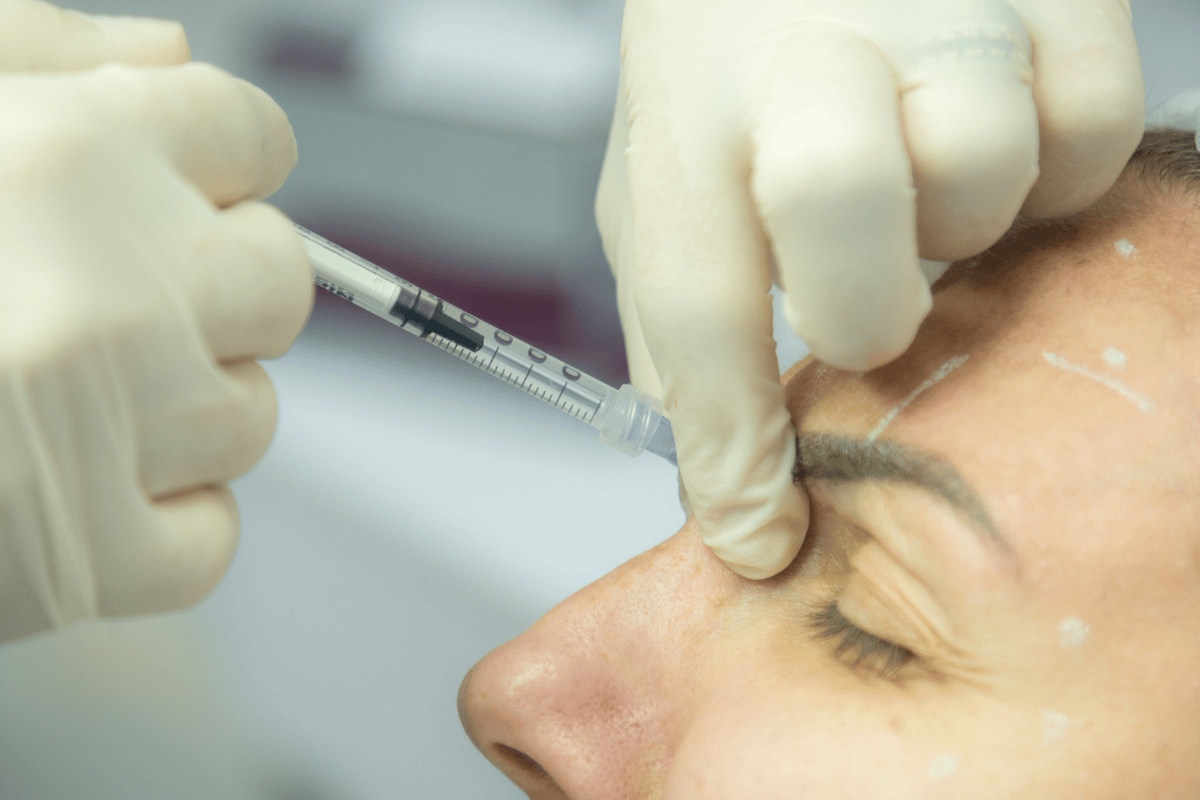
Whether you're into it or not, at some point you might've thought about anti-wrinkle injectables.
It's a non-surgical procedure that's become increasingly popular over the years — and it's up there as one of the most in-demand cosmetic treatments.
Not only is the increase soaring in the 40-plus category, but it's also expanding into another demographic and trending younger. Recent statistics show a dramatic rise in the number of younger people, particularly between the ages of 20 to 29, getting 'preventative' injectables.
But despite the growing popularity of the treatment, some experts are warning that there's no evidence behind the concept of preventative anti-wrinkle injections.
Watch: SBS programme Insight looks at the growing popularity of cosmetic procedures. Post continues below.
So, are preventative anti-wrinkle injections actually thing? Or is it just a complete waste of money?
We went straight to an expert.
Below, we spoke with cosmetic doctor Dr Imaan Joshi from Skin Essentials and asked her what we need to know about preventative anti-wrinkle injectables.